The fall of… what now?
The fall of humanity, sounds Biblical, right? Well, yes and no. Ironically enough, Bible studies is considered a humanities subject. As is history, classics, art and English. These subjects make up so much of what we consider humanity, hence the name. so why the devil (pun intended) are they devalued so much? The apple of the sciences is so often dangled in front of our faces, but why do so many people take a bite?
What does the science say?
In science, the workload seems more inhumane than anything the humanities could ever come up with. STEM students and teachers alike attested to this, including members of the Xaverian faculty! Dr Geoffrey Garnham, a Xaverian Biology teacher tells tales of: “lots of lectures and practical hours.” So why do people still seek it out? According to Dr Garnham, this is thanks to: “being genuinely interested.” Or as Xaverian student Dylan says: “With science there’s a lot more security- or perceived security.”
This seems to be a major factor in terms of why people do degrees in science- the overpromised job at the end of it. In actual fact, a UK study over the past ten years has shown that only 16% of STEM graduates actually end up working in a STEM career! Clearly, there is not as many jobs as everyone seems to think there are. Even Dr Garnham agrees, saying: “you won’t get a job in biology with a first degree and unless you do an advanced degree chances are not very high.”
Humanities say…
Many seem to think that the humanities are less serious, less academic, with less prospects. The statistics from the University of Manchester say otherwise, with nearly half of the student population doing a humanities degree at 16,800 out of 40,000. This is definitely a smaller proportion though, people perhaps deterred by the lack of a discernible job at the end.
Careers in the humanities tend to be quite elusive, many people ‘riskily’ following their passion. This can be liberating for many, literally thousands of prospects open to them. This is not to say that there are not fixed careers associated with the humanities. For some, it is quite clear what they would like to do, for Mrs Katy O’Brien of the Xaverian English department, she said: “I already knew I wanted to be an English teacher” and therefore: “didn’t seek out any other careers advice.”
The academic discrepancies… or lack thereof.
Many students tend to have a belief that the humanities are ‘less’ than STEM, but Dr Garnham said that both subjects are: “equally demanding”, Mrs O’Brien agreeing, saying that: “both are academically rigorous in different ways”. Simply, the subjects use many different skills, STEM favouring practical skills and humanities discursive.
However, there are still people who hold science with a much greater regard, the UK based charity the Campaign for Science and Engineering advertising to: “Save British Science”.
Well what do I get from it?
A degree in the humanities, such as English Literature offers a chance for many students, Mrs O’Brien says students learn to: “think critically and evaluate and articulate a range of critical opinions and perspectives.” This is valuable in a workspace environment, never more topical than today, where a wide range of information is thrown at us every day. The ability to draw your own conclusions is so important.
According to Dr Garnham, a degree in the sciences also offers a chance to: “evaluate”, “manipulating data skills, experimental skills, practical skills, working in a laboratory.”
What does Xaverian have to say?
At Xaverian, we have a diverse range of people, with that coming a diverse range of subject choices. For example, I study Biology, English Literature and English Language. Unconventional to some, but to me, they are equally fascinating. Another student, Dylan Porter, takes Biology, English Literature and Economics and says that the subjects are: “both very helpful and applicable.”
What now?
With our ever-changing world, science is a topical subject focussed on the physical changes to the planet we inhabit, be it chemical, mechanical or biological. However, this ever-changing world of ours also sees changes in the way we write literature, paint pictures, take note of the events around us. For this reason, give the humanities a chance. Say no to that apple, you might just find yourself one day among the glorious ranks of Sophocles, Mary Shelley and Michaelangelo.




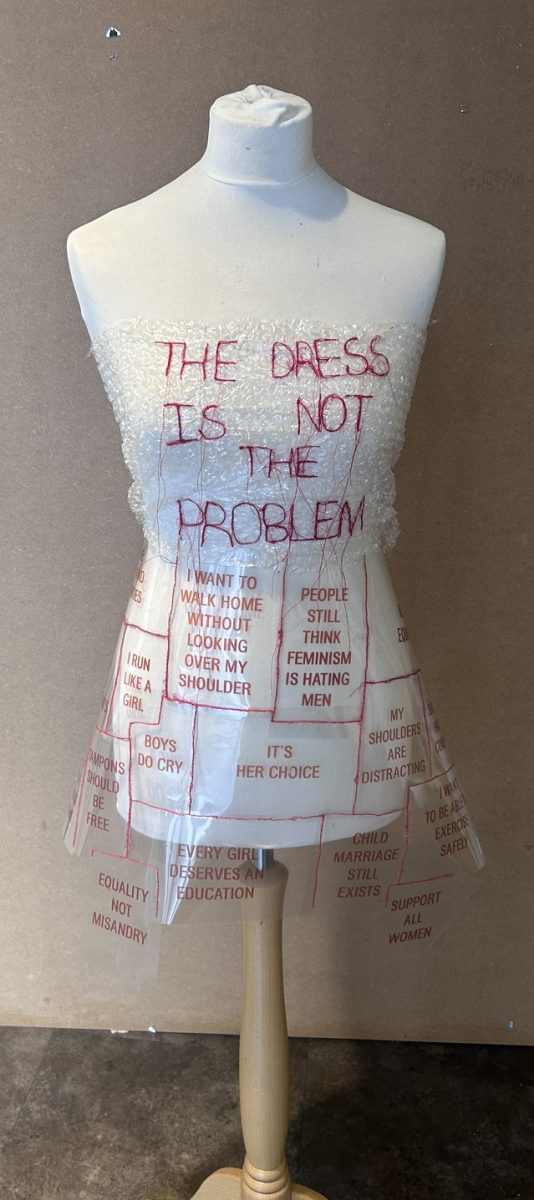

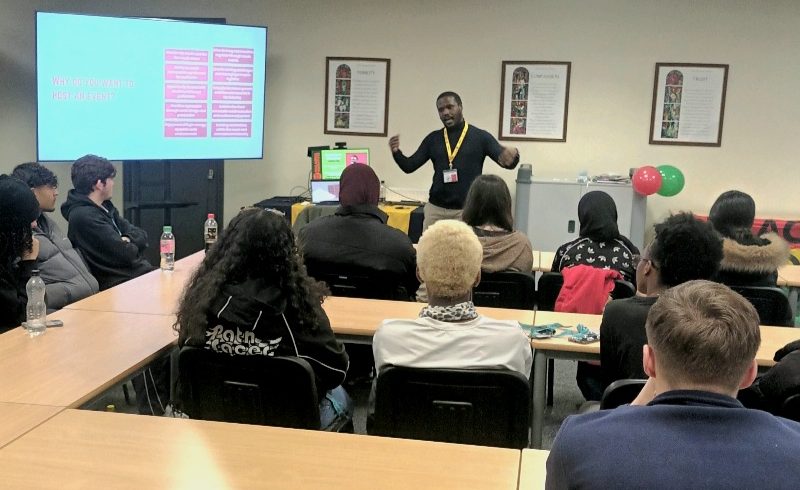
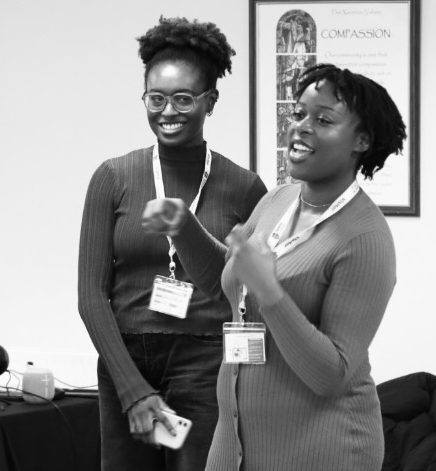




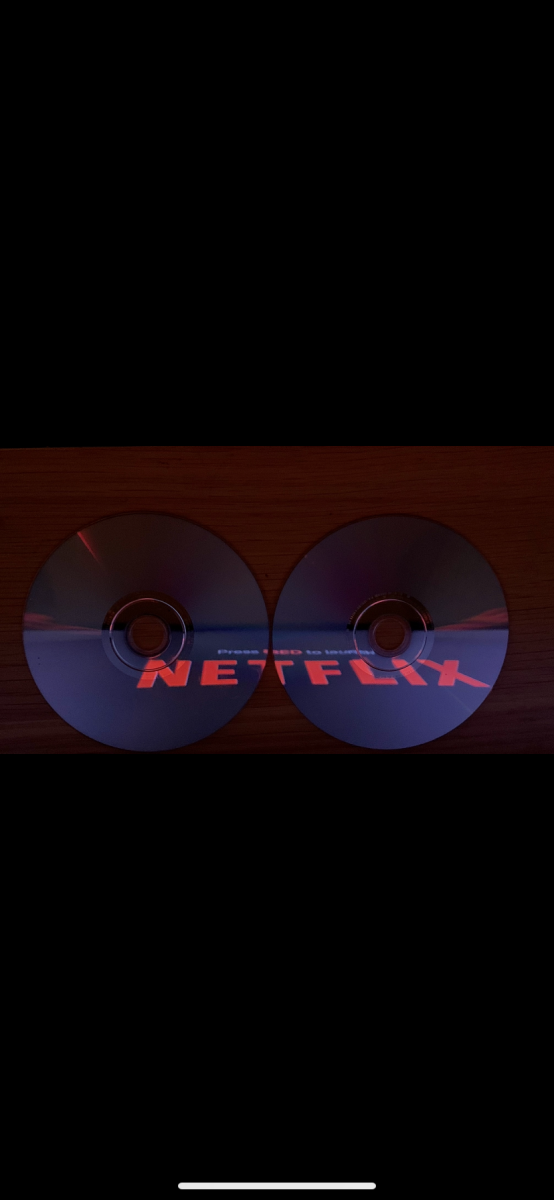


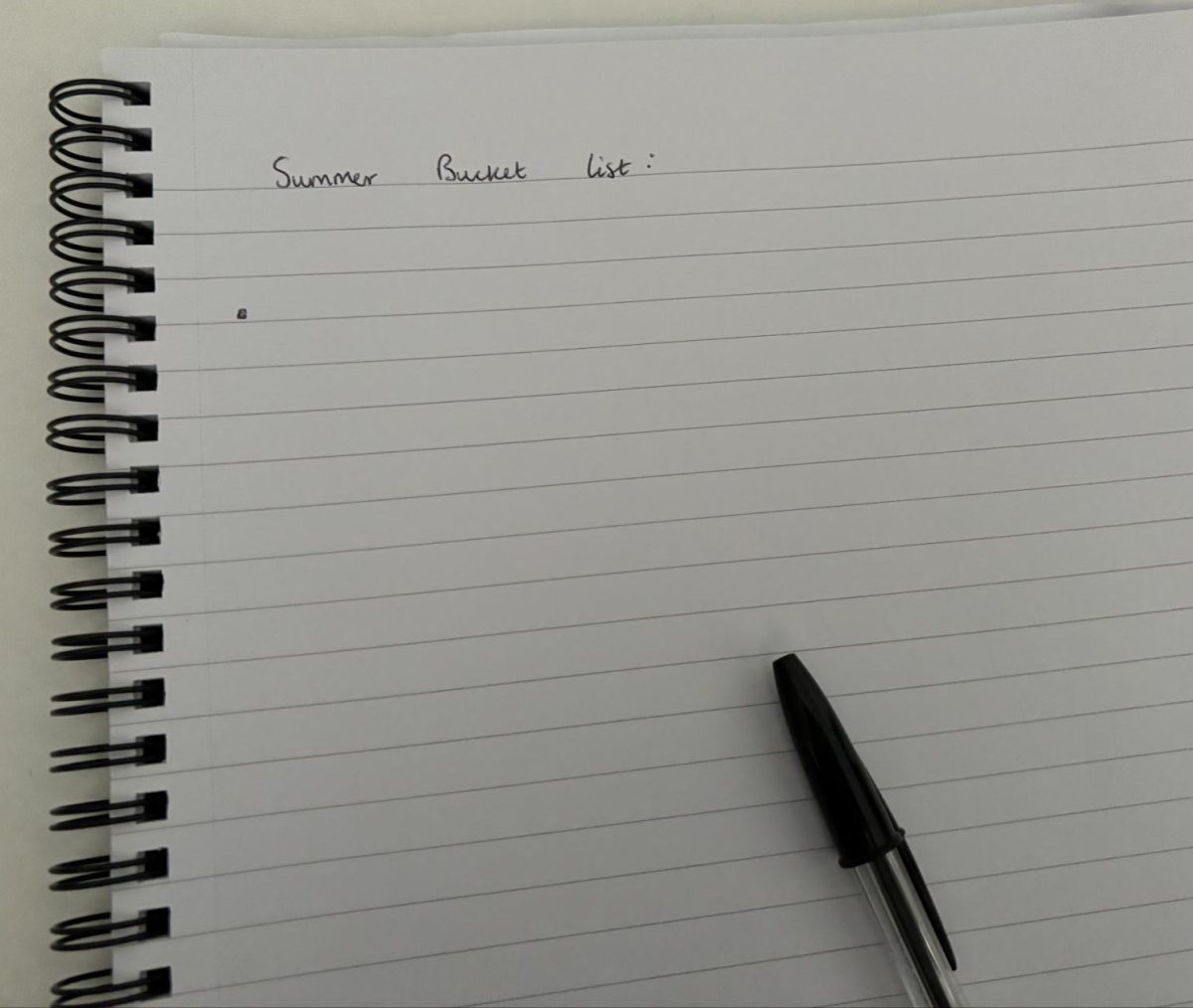















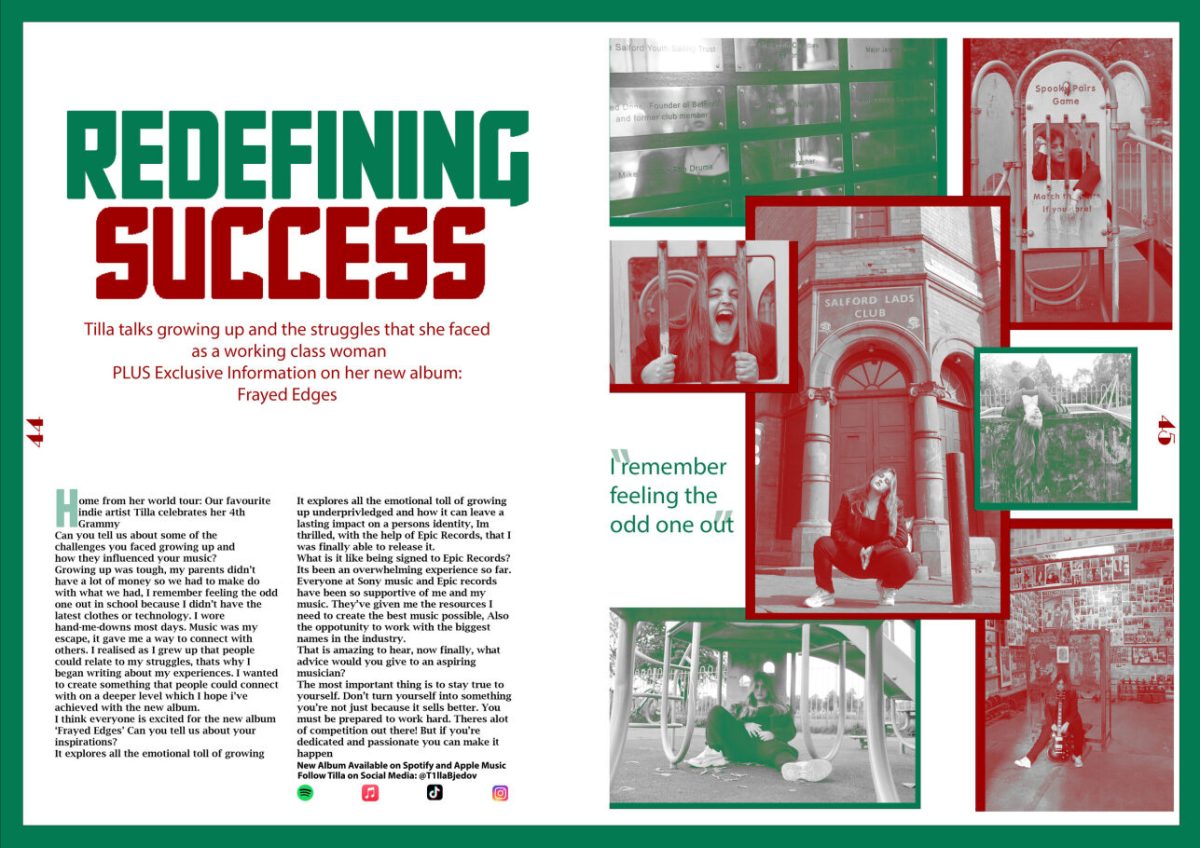





Ms Labrey • Jun 5, 2024 at 9:55 am
Come and study Economics… a true social science.
A really good read with some definite food for thought.
Jacqui Shirley - Organiser • May 9, 2024 at 8:54 am
A balanced and insightful read . As a non STEM teacher I believe we should champion a really diverse education
Sai Gollapudi • May 8, 2024 at 6:56 am
I really enjoyed the contrasting ideas between “Humanities” and “STEM” subjects as it brings a very diverse audience where everyone has something to relate to. I also really liked that near the end everything was brought together.
Sophie Leung • May 8, 2024 at 6:49 am
Really well structured through the interview-like style as it creates a sense of inclusion for the reader, making it more personal and direct! I also really like the content, it’s very educational and insightful.